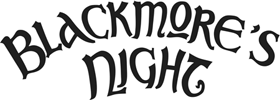 Pennywhistle, also known as a Tin Whistle
Pennywhistle, also known as a Tin Whistle
The pennywhistle or English flageolet, is a simple, six-holed woodwind instrument. It is a type of fipple flute, putting it in the same class as the recorder, Native American flute, and other woodwind instruments that meet such criteria. The tin whistle is closely associated with Celtic music.
In the early Middle Ages peoples of northern Europe were playing the instrument but by the 17th century whistles were called flageolets; a term to describe a whistle with a French made fipple headpiece (common to the modern pennywhistle) and such instruments are linked to the development of the English flageolet, French flageolet and recorders of the renaissance and baroque period.
The name "tin-whistle" was coined as early as 1825. but neither the tin whistle nor the penny whistle name seems to have been common until the 20th century and the term flageolet is still preferred by some modern whistlers who feel this better describes the instrument, as it characterises a wide variety of fipple flutes, including penny whistles.
The modern pennywhistle is indigenous to the British Isles particularly England, when factory-made "tin whistles" were produced by Robert Clarke from 1840–1882 in Manchester.
As the pennywhistle was generally considered a toy it has been suggested that children or street musicians were paid a penny by those who heard them playing the whistle. However, in reality the instrument was so called because it could be purchased for a penny.

